Rooting hormone is a substance used to stimulate the growth of roots in plant cuttings. It can be applied as a powder, gel, or liquid and contains plant hormones encouraging cell division and root development. Using rooting hormones has become increasingly popular among gardeners, particularly those who propagate plants from cuttings.
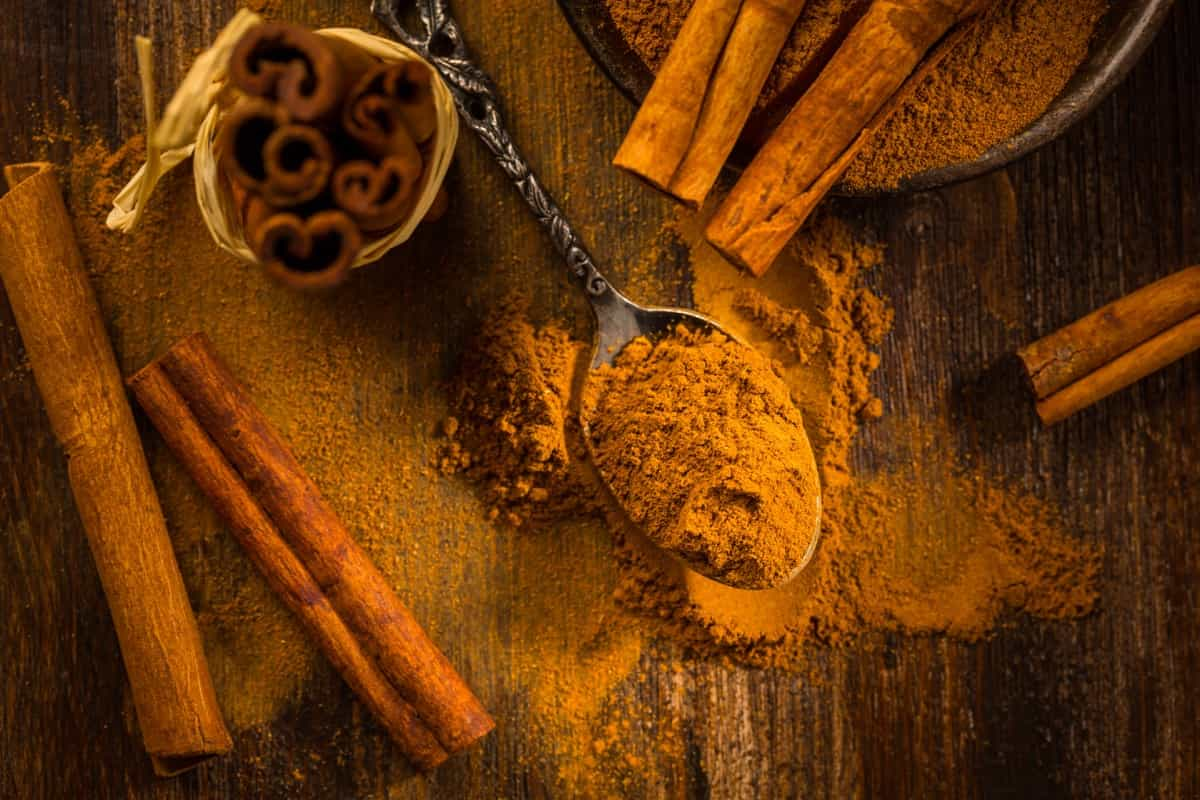
Gardeners can use rooting hormones to increase their success rate when propagating new plants. Different rooting hormones are available on the market, each containing varying concentrations of plant hormones. These hormones work together to promote cell division in the cutting, forming new roots.
Benefits of Using Rooting Hormone
Using rooting hormones can be a game changer for propagating plants. Rooting hormones contain auxins which stimulate root growth in plants, helping them establish faster and more efficiently. When you use rooting hormone, you’re giving your cuttings the best chance at survival by providing them with the necessary compounds to develop roots quickly.
A healthier and more established root system means that your plant will be better equipped to absorb nutrients from the soil and grow into a stronger, more robust plant. Rather than buying new plants or seeds every time, propagating from cuttings with the help of rooting hormones is an affordable option that saves money in the long run. Using rooting hormone can lead to quicker root growth, higher success rates, healthier plants, and is cost-effective compared to other methods of propagation.
Tips for Successfully Using a Rooting Hormone
Using a rooting hormone can greatly increase the success rate of propagating plants, but there are certain tips to remember for it to be effective. Make sure you’re using the right concentration of rooting hormone. Excess or too little can harm your cuttings. Follow the instructions on the package carefully, or use one of our homemade recipes with caution.
Always apply rooting hormone to a fresh cut at an angle below a node. This is where most of the plant’s natural hormones are concentrated and will help stimulate root growth. Don’t let your cutting sit out for too long before applying the rooting hormone, as it may dry out and decrease its chances of successful propagation. Ensure you use clean tools when making your cuts to avoid introducing harmful bacteria or fungi that could prevent healthy root growth. Provide adequate moisture and light conditions for your new cuttings once they’ve been treated with rooting hormone.
Best DIY Homemade Rooting Hormone Ideas
Coconut Water
Coconut water is a popular and effective homemade rooting hormone that can be easily prepared at home. This natural tonic offers various benefits to plants, including boosting their immunity and promoting root growth. When used as a rooting hormone, coconut water provides the necessary nutrients to support the development of new roots. It contains cytokinins, plant hormones that stimulate cell division and growth. These hormones encourage faster root formation and enhance overall plant health.
In case you missed it: How to Grow Coconut from Seed to Harvest: Check How this Guide Helps Beginners
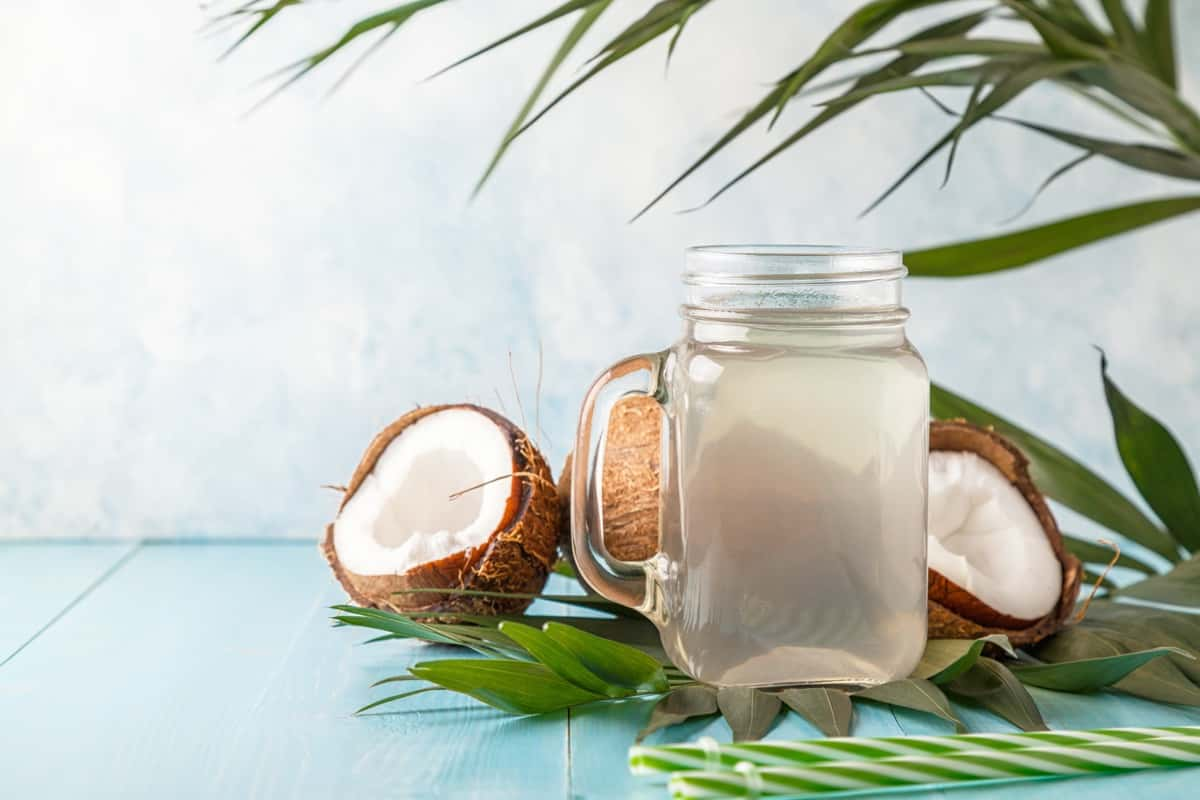
Using coconut water as a rooting hormone is also cost-effective, especially for those with access to fresh coconuts. Extract the water inside the coconut using a straw or knife and pour it directly onto your cuttings or seedlings. Using coconut water as a natural rooting hormone is an excellent way to promote healthy plant root growth while avoiding harmful chemicals typically found in store-bought options.
Vermicompost Tea
Vermicompost tea is an organic and natural rooting hormone that can be made from worm castings. To make vermicompost tea, you must have some worm castings first. Then mix the worm castings with water in a ratio of 1:5 (one part of worm castings for five parts of water) and let it steep for about 24-48 hours. During this time, the beneficial bacteria in the worm castings will multiply exponentially, creating an excellent brew for your plant’s root system. Once ready, strain out any solid particles before applying them to your plants’ soil or as a foliar spray. Using vermicompost tea regularly on your plants helps increase their resistance to diseases and pests while improving their overall health.
Apple Cider Vinegar
Apple cider vinegar is a household item and can also be used as a rooting hormone for plants. It has acetic acid, which helps to kill bacteria and fungi in the soil and promotes healthy root growth. To use Apple cider vinegar as a rooting hormone, mix two tablespoons of Apple cider vinegar with one gallon of water.
In case you missed it: Stylish DIY Plant Trellis for Pots
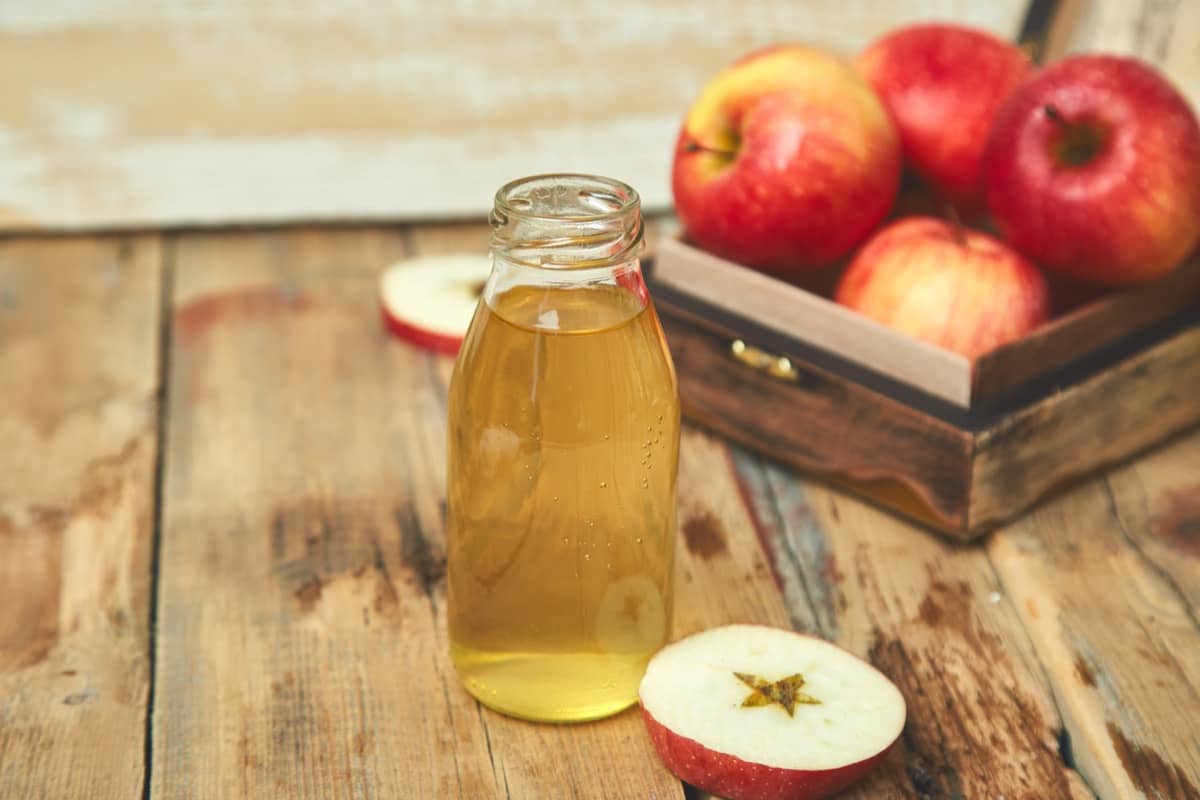
Then soak the plant cutting in the mixture for about an hour before planting it into the soil. You can use Apple cider vinegar as a rooting hormone by adding it to your watering routine. It’s important not to use too much Apple cider vinegar as it can damage your plant roots. Stick to small amounts and monitor how your plants respond. Apple cider vinegar is an inexpensive option for those looking to create their homemade rooting hormones.
Honey Rooting Hormone
Honey is a natural and delicious food product with many benefits for plant propagation. It contains enzymes and hormones that can stimulate root growth in cuttings, making it an excellent choice for a homemade rooting hormone. Mix one tablespoon of raw, unpasteurized honey with two cups of boiling water to use honey as a rooting hormone. Let the mixture cool before soaking your cuttings.
In case you missed it: How to Grow and Care for Honeyberries in Your Garden
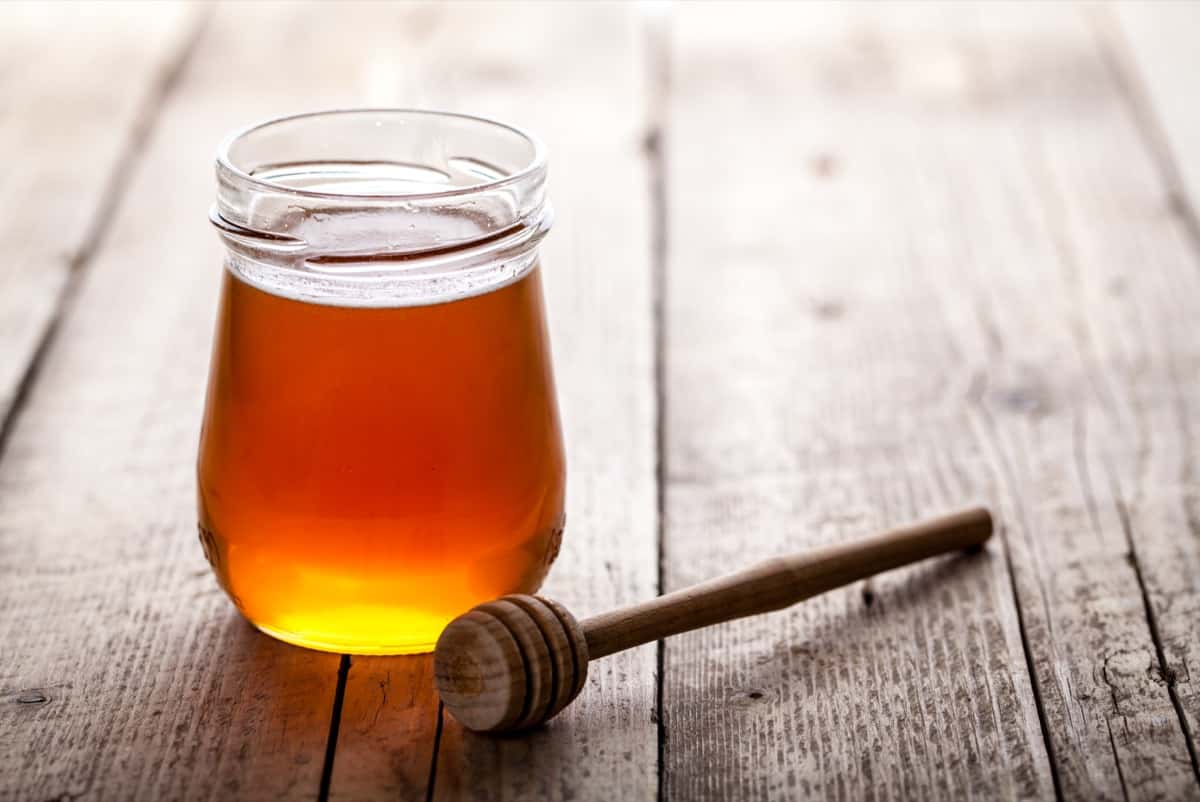
Dip each cutting end into the honey solution before planting it in soil or another medium. Honey can be especially effective for propagating softwood cuttings from plants such as roses, lavender, and mint. These cuttings are more delicate than hardwood and may benefit from the extra nutrients the honey provides. Using honey instead of synthetic chemicals means you’ll have a natural option for promoting healthy plant root growth.
Willow Water
Willow water is a natural rooting hormone used for centuries by gardeners to propagate plants. The process of making willow water involves soaking the branches of a willow tree in water for several days until the solution becomes brownish. Remove fresh cuttings from a healthy willow tree and strip off any leaves or buds to make your willow water. Then chop the branches into small pieces and place them in a jar filled with cold tap water. Leave the jar outside or on a windowsill for about two weeks, stirring occasionally.
Once the liquid turns brownish and smells slightly sweet, strain out the twigs and use the remaining liquid as your rooting hormone solution. You can store unused portions of this solution in an opaque bottle or container until you need it again. Using natural materials like willow water not only helps save money but also promotes eco-friendliness by reducing dependency on chemical-based products while providing better results when compared to synthetic alternatives.
Using Saliva
Saliva contains enzymes that can help stimulate root growth in plants. This natural rooting hormone is easy to use and readily available. To use saliva as a rooting hormone, take a cutting from your desired plant and place it in your mouth for several seconds. The enzymes in your saliva will coat the cutting stem and promote root development.
You can use this method on plants that are safe for consumption. You don’t introduce harmful bacteria or pathogens into your garden. Suppose you’re uncomfortable with using saliva directly on the plant. In that case, you can also try spitting onto a paper towel and then applying it to the stem of the cutting.
Potatoes & Cinnamon
Potatoes and Cinnamon make an unusual yet effective rooting hormone. Potatoes contain natural growth hormones that aid in root development, while Cinnamon acts as a natural anti-fungal and promotes healthy plant growth. To use this method, cut a potato into small pieces and let them dry for several hours to form calluses on the cut ends.
In case you missed it: Best and Worst Companion Plants for Potatoes: A Detailed Guide
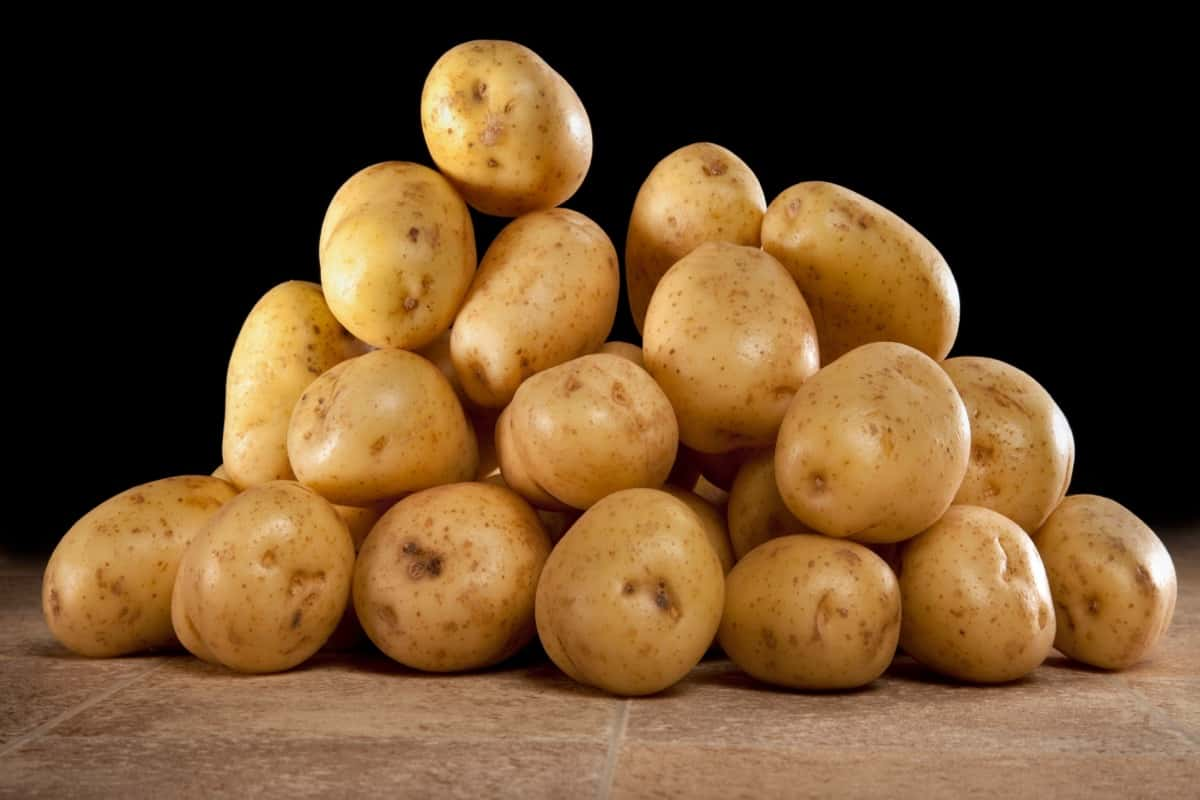
Then dip the callused end of the potato pieces into ground Cinnamon before inserting it into soil or water. This DIY rooting hormone is cost-effective and easy to access since potatoes, and Cinnamon can be found in almost every kitchen pantry. However, it’s essential to note that using too much Cinnamon may harm your plants’ roots.
Aspirin Rooting Hormone
Aspirin is not just a medicine but can also be used as a rooting hormone. Aspirin contains salicylic acid, which promotes root growth by stimulating the production of auxins in plants. Auxins are plant hormones that help in cell division and elongation. To make an aspirin rooting hormone, crush aspirin tablets into a fine powder and mix with 1 liter of water. Let the mixture sit for several hours until the aspirin dissolves completely.
Before applying the solution to your plant cuttings, dip them in clean water first to prevent contamination from bacteria or fungi. Once you have prepped your cuttings, dip them into the aspirin rooting hormone solution for about five seconds before planting them in soil or another growing medium. Be careful not to over-dip; too much exposure may damage the cutting’s tissues. Regularly using this homemade rooting hormone solution may show visible results within weeks as new roots emerge from your cuttings.
Aloe a Rooting Hormone
Aloe Vera contains natural rooting hormones such as auxins and gibberellins, which promote plant root growth. To use Aloe Vera, cut off the leaf from the base of the plant. Allow the sap to drain for several minutes before dipping your cutting into it. You can then proceed with planting the cutting in soil or water.
In case you missed it: How to Propagate Aloe Vera: Without Roots, Leaves, Cuttings on the Ground and in the Water
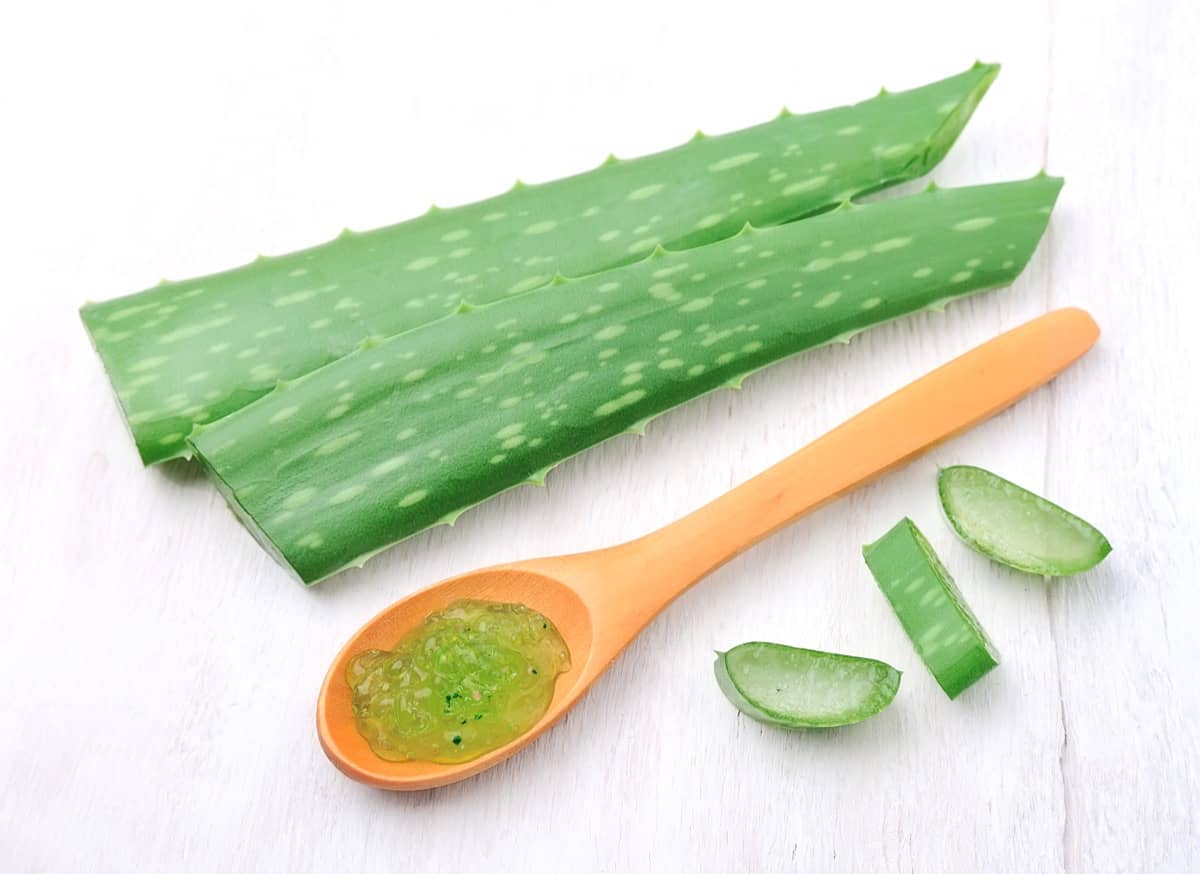
Aloe Vera, as a rooting hormone, stimulates root growth and helps prevent infections due to its antibacterial properties. It is an all-natural alternative to synthetic rooting hormones, which may contain harmful chemicals. Aside from promoting root growth, using Aloe Vera on your plants also increases their resistance to stress factors like drought and pests. If you’re looking for an organic and sustainable way of propagating your beloved plants at home, try using Aloe Vera as Rooting Hormone.
Cinnamon Rooting Hormone
Cinnamon contains compounds that have natural anti-fungal and antibacterial properties. These properties make Cinnamon an effective rooting hormone because they help prevent the growth of harmful bacteria and fungi on cuttings. To use Cinnamon as a rooting hormone, dip the base of your plant cutting into the ground Cinnamon before planting it in soil or water. The Cinnamon will help stimulate root growth by encouraging the development of beneficial microbes around the roots.
Another way to use Cinnamon as a rooting hormone is to create a solution by boiling 1-2 sticks of Cinnamon in water for 30 minutes. After cooling down, strain out any solids and pour this solution over your plant cuttings. One advantage of using Cinnamon as a rooting hormone is its affordability and availability. Try Cinnamon if you’re looking for an affordable yet effective way to promote healthy plant root growth.
Conclusion
Rooting hormones are essential for gardeners who want to propagate their plants and grow new ones. However, commercial options can be expensive and may not always be readily available. You don’t spend much money on rooting hormones because several DIY homemade alternatives also work.
You can save money by making your rooting hormone and help reduce waste by using natural ingredients instead of harsh chemicals. With these simple tips and tricks, you’ll increase your chances of success when propagating cuttings from your favorite plants while enjoying creating something new from scratch.
- Cabbage Seed Germination and Selection
- Broccoli Seed Germination and Selection
- Asparagus Seed Germination and Variety Selection
- Seasonal Flower Gardening: Best Practices for Spring, Summer, Fall, and Winter
- How to Grow Hibiscus from Flower
- Plantation Ideas for Home Decoration: A Beginners Guide
- Flower Garden Designs and Layouts for Beginners
- Planting and Spacing Techniques in Papaya: A Beginner’s Guide
- Growing Gold: Essential Techniques for Planting Pineapples
- How to Make Kalanchoe Plant Bushy: Home Remedies and Solutions
- 11 Reasons Why Your Gardenia is Not Blooming: Home Remedies and Solutions
- Eco Elegance: The Guide to Designing a Drought-Tolerant Landscape
- Gardening on a Slope: Strategies for Hillside Landscaping
- Nourish and Flourish: Top Organic Mulches for Thriving House Plants
- Everything You Want to Know about Indian Mogra Flower: Discover Uses and Growing
- Green Thumb Success: Expert Tips for Cultivating Greenhouse Pumpkins All Year Round
- Maximize Growth & Flavor: The Ultimate Guide to Companion Planting in Herb Gardens
- How to Control Rhododendron Problems Naturally: Home Remedies and Organic Ways to Fix Them
- Natural Magic: The Remarkable Benefits of Cinnamon for Plants
- Best Steps to Revive Dying Tulip with Natural and Organic Treatment
- 10 Reasons Why Your Angel Trumpet is Not Blooming: Remedies and Treatment
- How to Fix Periwinkle Leaf and Flower-Related Problems: Natural Remedies and Solutions
- How to Fix Zinnias Leaf and Flower Problems: Discover Natural and Home Remedies
- Organic Steps to Induce Lemon Tree Flowers: A Comprehensive Guide
- Bloom Booster: Crafting the Perfect Homemade Bougainvillea Fertilizer
- Optimizing Growth: A Guide to Applying NPK Fertilizer for Potted Plants
- 10 Best Homemade Fertilizers for Rubber Plant: DIY Recipes and Application Method
- How to Boost Female Pumpkin Flowers: Effective Steps for More Flowers and High Yields
- Transform Your Indoor Garden: Top Benefits of Pink Salt for Houseplants
- 10 Best Homemade Fertilizers for Peacock Plants (Calathea): Easy DIY Guide
- Unlock Blooms: 9 Reasons Why Your Potted Chrysanthemum is Not Blooming
- 8 Reasons Why Your Potted Hibiscus is Not Blooming: Fix it with Simple Solutions
- Unlock Blooms: 9 Key Reasons Your Potted Frangipani Won’t Flower
- 10 Reasons Why Is My Ice Plant Not Blooming: Remedies and Treatment
- 10 Reasons Why My Potted Hydrangea Not Blooming: Treatment and Remedies
- 10 Reasons Why is My Wisteria Not Blooming: Remedies and Treatment
Hi
These are interesting tips. Thank you !
Can any of these solutions be mixed, for dipping and or watering to take advantage of different effects ? Any mixtures that should not be combined ?